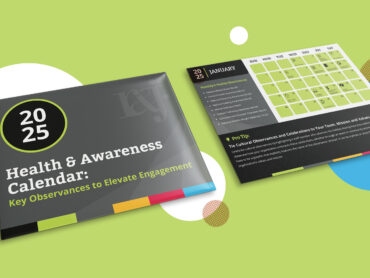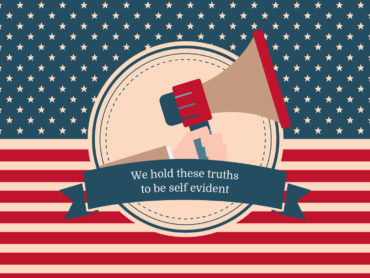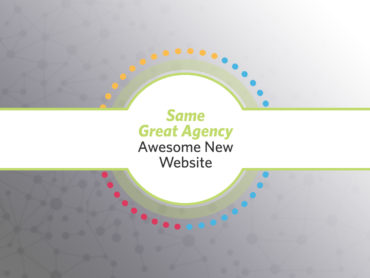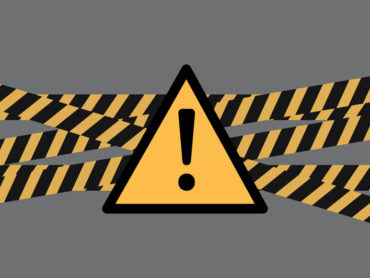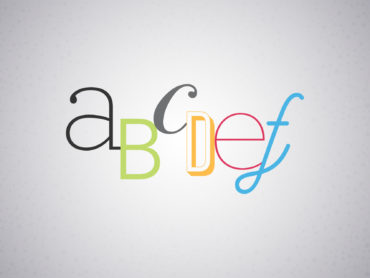4 Tips for Nailing the Public Relations Internship Interview
So, You Want a Public Relations Internship
Interviewing for a public relations internship can be a nerve-wracking experience. As internships are both important first steps in building your career and chances to learn more about different types of roles, interviewing for one can feel like a potentially career-altering event.
How are you supposed to boil down your coursework, previous public relations internship experiences, and those random summer jobs in front of interviewers you have never met before?
But interviewing doesn’t have to be a scary experience. Ultimately, most interviewers are just looking for well-rounded, confident and articulate additions to the team who can bring unique skills or experiences to table. These companies understand that you don’t yet possess the experience of an industry veteran or the depth of work examples of someone who has held numerous public relations positions before. By paying attention to the four tips below, you can nail your next interview and find yourself in that dream internship position.
- Do Your Research – It is important to come into any interview with a firm understanding of what the firm does, how they do it, and who does it. Take a look at their website and check out some work they’ve done and what their clients look like. Most likely, you will get asked at the interview which clients or projects interest you most and it is almost impossible to bluff around this question in front of people who are deeply familiar with all of the firm’s work.
- Find Your Story – If you are being brought in for an interview, chances are the firm has already read your resume. When you sit down, it is important to just not just reiterate the facts on your resume but share what makes those skills applicable to the role you are hoping to fill. Think of it just like a press release, you are trying to form a narrative around yourself and highlight the newsworthy aspects of your short career. Since you’ve already done your research on the firm, your story should not just tell the interviewers more about your experience but also explain how that experience can help the firm in their work. Instead of solely talking about an experience that you had in a class or previous internship, talk about how that experience has shaped you into a better candidate for the position.
- Show Off – Bring examples of your work. Although you can send work samples after an interview, it is often a great idea to bring a couple to the interview. This gives you a great opportunity to tie your past work into your narrative and walk the interviewers through your process. Also, it allows the interviewers to ask questions about the work and gain greater insights into your experience in-person.
- Be Yourself – Public relations is a highly-personable business and as much as skills are important, many firms place a high value on culture and finding the “right” employees in that context as well. This is even more important at smaller firms as you will be working closely with every member of the team. These are people you are going to be spending 40 hours a week with, so you want to make sure that your personality shines through to give the interviewers a sense of how you will fit within the firm.
Like any other skill, mastering the interview process takes time and practice. Employers understand that and take that into account as they look to fill internship positions. However, with a firm understanding of the tips above, you can show your next interviewer that you are not just another public relations student looking for credit or post-grad work experience but someone who can truly make a difference for their firm. If you are interested in learning more about R&J’s internship program, please reach out to me at djohnson@randjsc.com.




